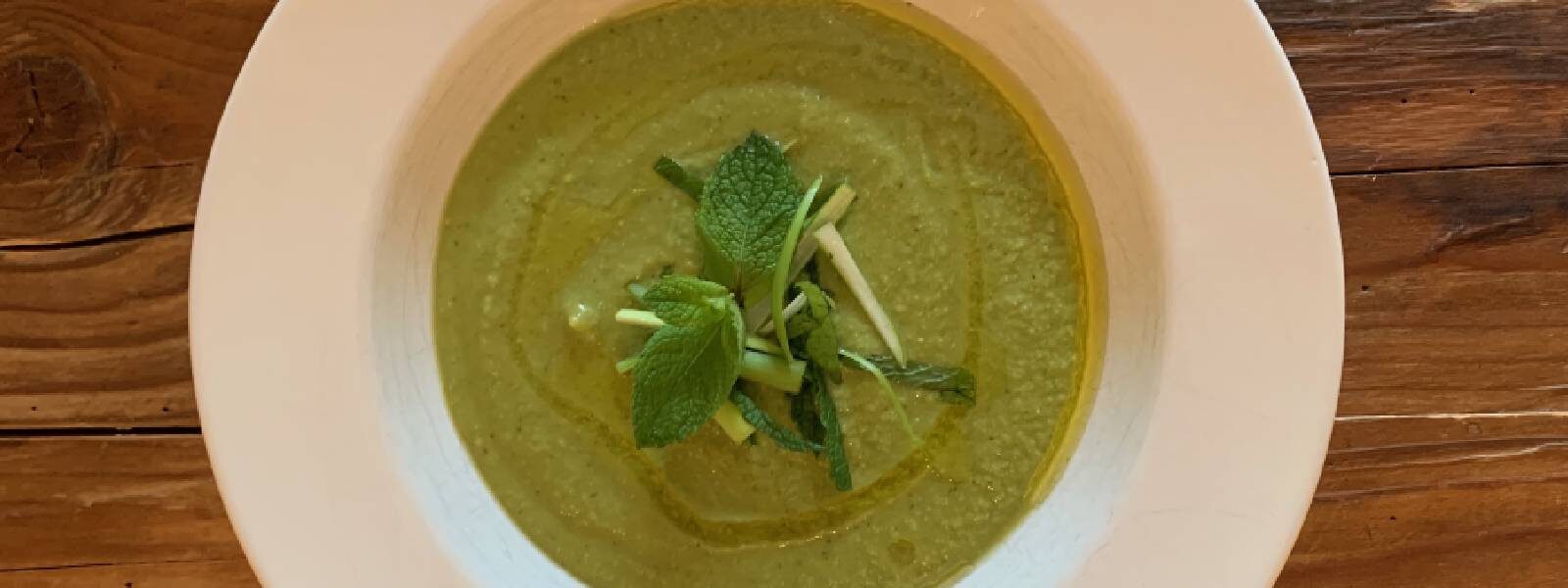Safeguarding our environment and your health for the future
“ The carbon cost of cycling a mile
- 40g co2e powered by bananas
- 70g co2e powered by cereals with cows milk
- 190g co2e powered by bacon
- 310g co2e powered by cheeseburgers
- 4700g co2e powered by airfreighted asparagus ”
From “How Bad Are Bananas?” by Mike Berners-Lee. You may recognise Mike’s name from David Attenborough’s documentaries, he is an expert on sustainability and the go-to consultant for many businesses about their Carbon impact. If the surname sound familiar his brother Tim Berners Lee invented the internet.
One of our jobs in the catered chalets side of our business is fueling your day. This summer we have a completely new menu which we are really excited about. We have literally built it from the ground up, it has been such a liberating experience developing our ‘carbon conscience menu’. This is to say that each ingredient we view through the lens of ‘Can we reduce its environmental impact without compromising the taste of the menu. How did the ingredients get to our kitchen, can we source better with less impact?’ In general, the less distance the ingredients travels the lesser the carbon impact however as you can see from above the mode of transport makes a massive difference too so no airfreighted food for us, when that information is available.
We don’t want our guests to miss out on a select few summer tastes so when unavoidable we choose the lesser impactful of the transportation for example mango that is shipped not flown, see travelling by road comparison for wine below
“ A bottle of wine
- 1.3kg CO2e from Britain or France
- 1.4kg CO2e shipped from Australia, with 200 road miles
- 1.65kg CO2e transported 1500 miles by road from Italy ”
With exception of the select few exotic summer tastes sourcing the majority of our ingredients that don’t have to travel as far has further benefits for our guest’s health too. Less time travelling from field to fork means ingredients are fresher and therefore maintain more nutrients and of course are seasonal too, giving you the best of the ingredient and when you were meant to eat it.
This lens has the added bonus of working hand in hand with our goal to reduce single-use packaging. Packaging is used for a lot of reasons however one is to preserve the goods on long journeys so it turns out that in the case of some of our ingredients we get rid of the long journey, we get rid of the packaging.
We are so excited to launch our new menu this summer and find further ways to take better care of our guests health with no compromise to the menu and offering what we feel we are best at, service with care.
